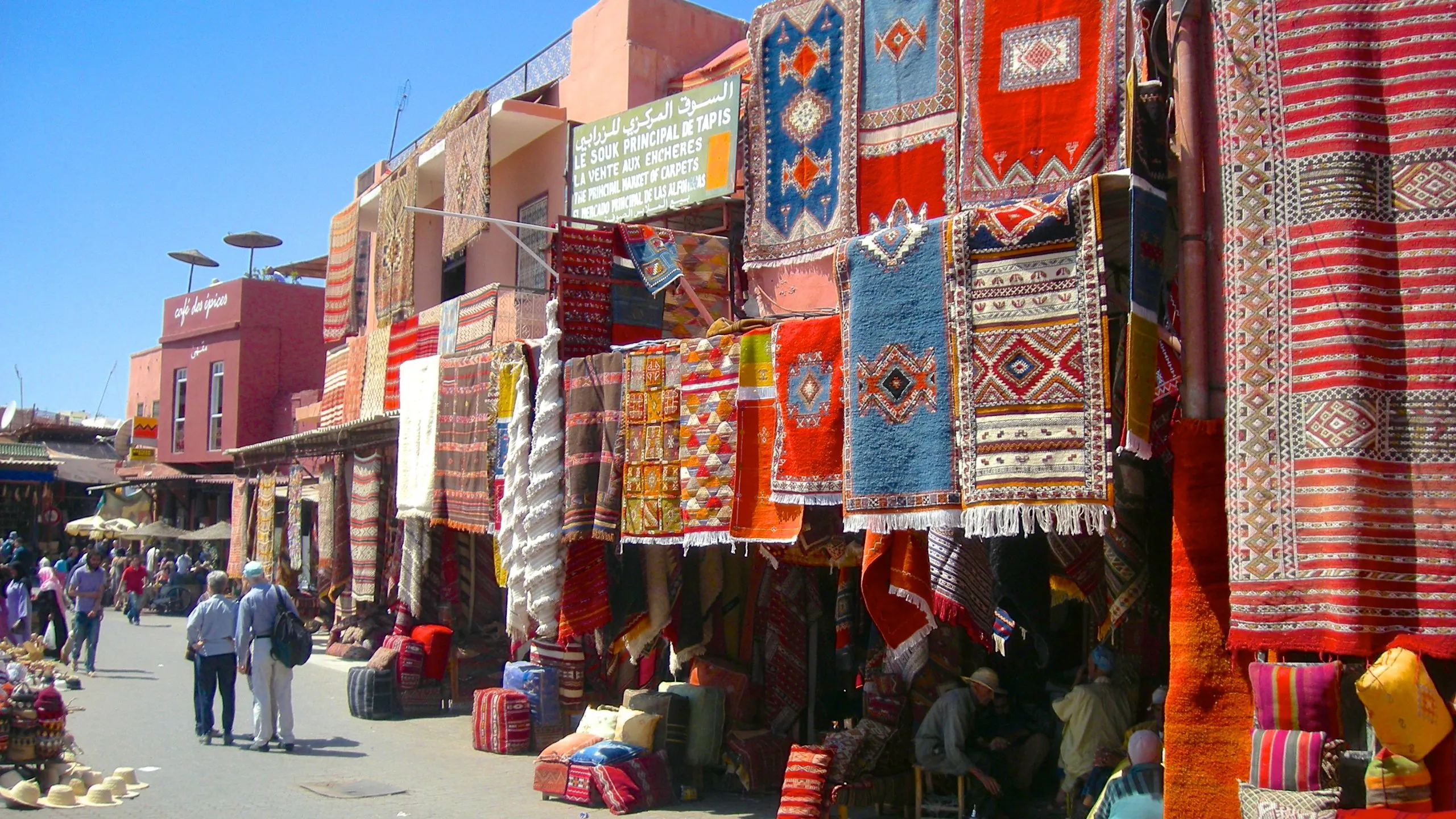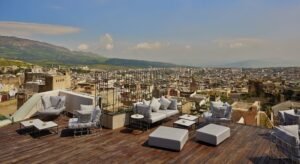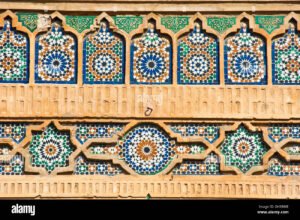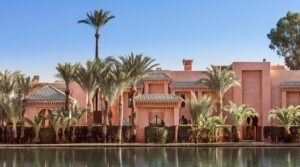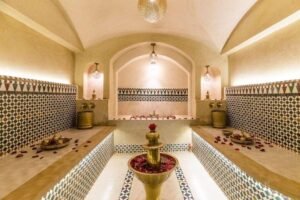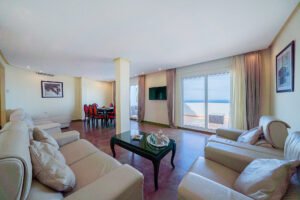Morocco Travel Advice: Tips for a Safe and Unforgettable Trip
Morocco is a destination that captivates travelers with its rich history, vibrant culture, and diverse landscapes. From the bustling souks of Marrakech to the serene beaches of Essaouira and the golden dunes of the Sahara, this North African gem offers an unforgettable experience for every kind of traveler. Whether you are planning a luxury holiday, a business trip, or an adventure off the beaten path, proper planning and insider knowledge can elevate your journey. This guide provides essential Morocco travel advice to help you navigate the country safely, embrace its unique traditions, and make the most of your visit. Covering everything from cultural etiquette to transportation tips, this article ensures a smooth and enriching experience in Morocco. We’re here to help! Message us on WhatsApp, and a team member will assist you personally.1. The Best Time to Visit Morocco
Choosing the right time to visit Morocco is crucial for a comfortable and enjoyable trip. The country's climate varies depending on the region, from the scorching heat of the Sahara to the cooler temperatures of the coastal cities.- Spring (March to May) and Autumn (September to November) offer the most pleasant weather, making them ideal for exploring cities, hiking in the Atlas Mountains, and embarking on desert excursions.
- Summer (June to August) can be extremely hot, especially in Marrakech, Fez, and the desert. However, coastal destinations like Essaouira and Tangier provide a refreshing escape with cooler breezes.
- Winter (December to February) brings mild temperatures to cities but colder conditions in the mountains. Snowfall in the High Atlas can be a spectacular sight, and it is the perfect time for travelers seeking a quieter, more intimate experience.
2. Safety and Security Tips: Essential Morocco Travel Advice
Morocco is generally a safe destination, but like any popular tourist location, taking certain precautions will ensure a hassle-free trip.- Beware of Scams and Overpriced Services: In cities like Marrakech and Fez, some vendors, unofficial guides, and street performers may try to overcharge tourists. Always confirm prices beforehand and negotiate where appropriate.
- Use Licensed Guides: If you want a guided tour, book through your hotel or a reputable travel agency to avoid being misled by unofficial guides.
- Keep Valuables Secure: Pickpocketing can happen in crowded areas. Use a cross-body bag with zippers and avoid carrying large amounts of cash.
- Dress Modestly: While Morocco is more liberal than some other Muslim-majority countries, modest clothing is recommended, particularly in rural areas and religious sites.
- Avoid Unregulated Taxis: Some taxis may refuse to use the meter and demand inflated fares. Use only official taxis or ride-sharing services where available.
3. Understanding Moroccan Currency and Payments
The official currency in Morocco is the Moroccan Dirham (MAD), and while credit cards are accepted in major hotels and upscale restaurants, cash is still the preferred method of payment in many places.- ATMs are widely available in cities but may charge foreign transaction fees. It is advisable to withdraw enough cash for smaller expenses.
- Exchange money at official bureaus or banks to get the best rates and avoid street exchangers.
- Bargaining is expected in souks and local markets. Vendors often start with a high price, so negotiating is a normal part of shopping culture.
4. Getting Around Morocco: Transportation Guide
Morocco has a variety of transportation options, from modern trains to traditional horse-drawn carriages in some cities.- Trains: The ONCF train network connects major cities such as Casablanca, Rabat, Marrakech, and Fez. The trains are reliable, comfortable, and a great way to travel long distances.
- Buses: CTM and Supratours offer safe and comfortable bus services for intercity travel.
- Taxis: Petit taxis (small city taxis) are metered but may require negotiation in some cases. Grand taxis (shared long-distance taxis) have fixed routes but often require price negotiation before departure.
- Car Rentals: Renting a car can be a good option for exploring rural areas, but city driving can be chaotic. A private driver is a safer and more convenient alternative for those seeking a stress-free experience.
5. Moroccan Cuisine: What to Eat and Where
Moroccan food is a blend of Arabic, Berber, and French influences, offering rich flavors and unique textures.- Tagine: A slow-cooked stew with meat, vegetables, and spices, served in a clay pot.
- Couscous: A staple dish traditionally eaten on Fridays, often served with lamb and vegetables.
- Pastilla: A flaky pastry filled with spiced meat (often pigeon or chicken) and dusted with cinnamon and powdered sugar.
- Mint Tea: Known as "Moroccan whiskey," this sweet and aromatic tea is a cultural tradition.
6. Luxury Accommodations and Riads: Morocco Travel Advice for a High-End Stay
Morocco offers a range of accommodation options, from luxury hotels to traditional riads, which provide an intimate and authentic experience.- Luxury Hotels: La Mamounia (Marrakech), Royal Mansour (Marrakech), Four Seasons (Casablanca).
- Authentic Riads: Riad Yasmine (Marrakech), Riad Fès, Dar Seffarine (Fez).
- Desert Luxury Camps: Private desert camps in Merzouga and Zagora offer a high-end glamping experience.
7. Shopping and Souk Etiquette
Morocco’s markets are famous for handcrafted goods, textiles, and artisanal products.- Leather Goods: Fez is known for high-quality leather products.
- Argan Oil: Ensure authenticity by purchasing from certified cooperatives.
- Handwoven Rugs: The best selection comes from Berber villages and specialized souks.
8. Cultural Etiquette and Local Customs
Respecting local customs will enhance your experience and help you connect with locals.- Greetings are important: A handshake and a warm "Salam Alaikum" are common ways to greet people.
- Public displays of affection are discouraged in more conservative areas.
- Taking photos of people: Always ask for permission before photographing locals, especially in rural areas.
9. Must-Visit Hidden Gems
Beyond the popular tourist destinations, Morocco is home to stunning lesser-known spots.- Chefchaouen: A picturesque blue-washed town in the Rif Mountains.
- Skoura Oasis: A lush desert oasis dotted with ancient kasbahs.
- Todra Gorge: A dramatic canyon ideal for hiking and rock climbing.
10. Final Travel Planning Tips
- Travel Insurance: Always have coverage for medical emergencies and trip cancellations.
- SIM Cards & Connectivity: Get a Maroc Telecom SIM for affordable mobile data.
- Essential Packing List: Bring comfortable walking shoes, a power adapter, and a light scarf for sun protection or modesty when visiting religious sites.



